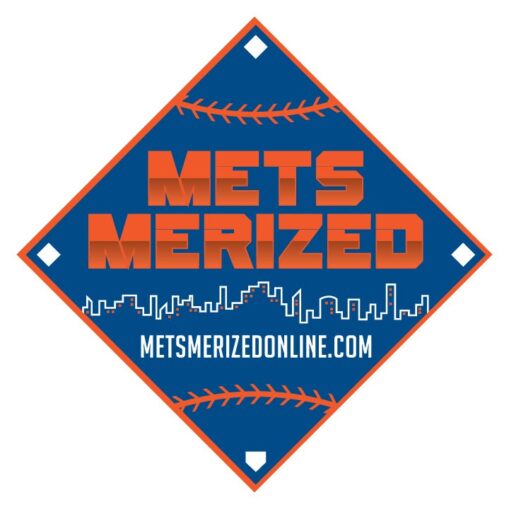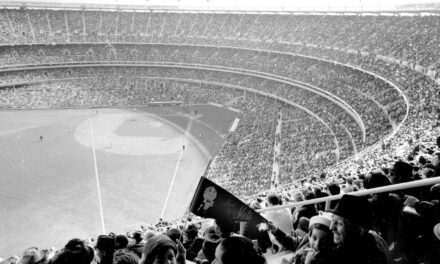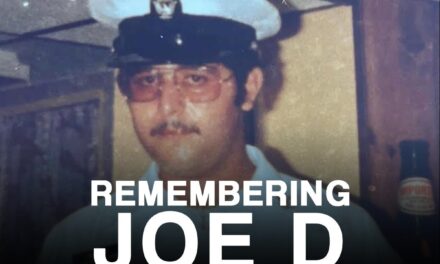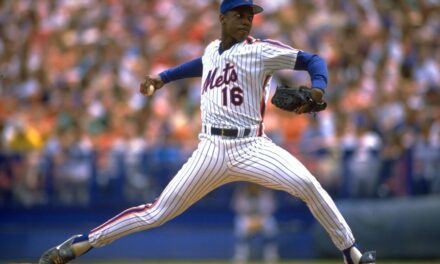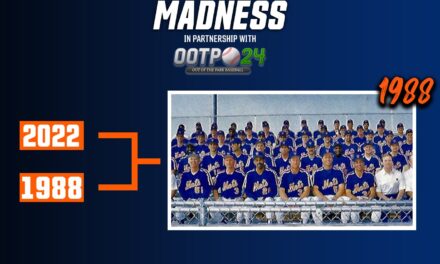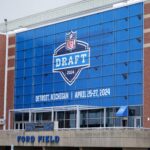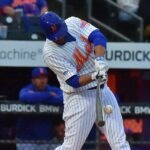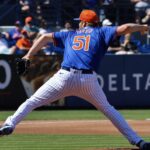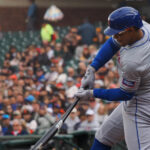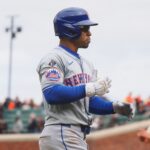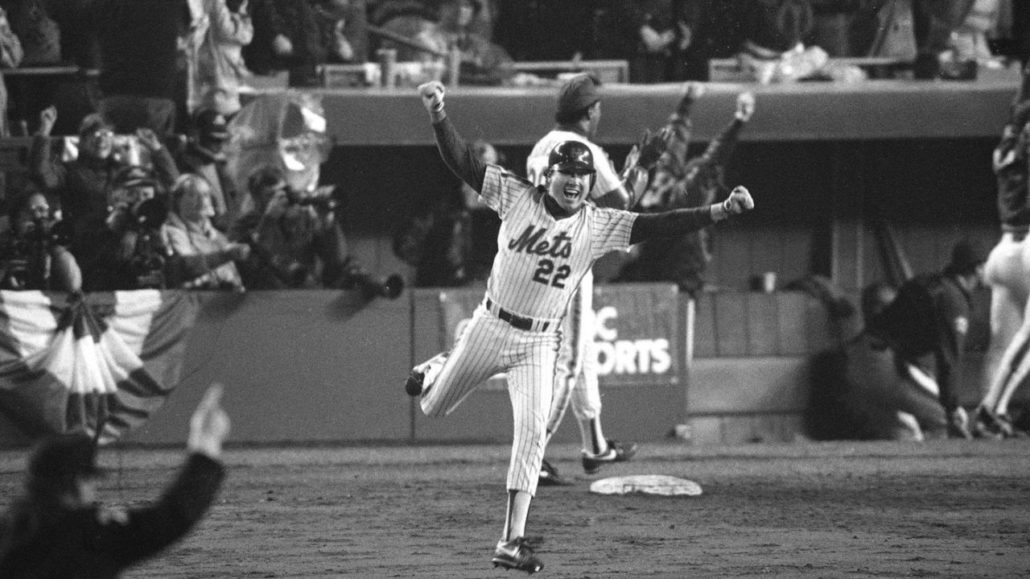
Game 6 of the 1986 World Series resonates strongly with Mets fans. Even with its dramatic ending and what it meant for its fortunes, that may not even be the best postseason game the franchise ever played. It may not even be the best Game 6 of that remarkable October of ’86 if you ask some.
The contest that put the Mets into the Fall Classic that year speaks more to the team’s resilience than the dominance they showed during the regular season. If they didn’t persevere and ultimately prevail, they may not have gone as far as the World Series—much less win it.
For all the confidence and swagger the ’86 Mets retained, not to mention a three-games-to-two lead in the NLCS, Houston Astros ace Mike Scott humbled them to a point of near resignation. The pitcher who dominated New York in Games 1 and 4 and was scheduled to go in the seventh—should it get that far. It was the kind of fear this team had not faced all year.
Game 6 was a must-win in just about every sense without being a must-win in the literal sense.
The specter of facing Scott grew larger as Bob Knepper, the Astros starter this afternoon, briskly set down New York bats over eight innings. The three runs Houston’s offense put up in the first was the total output it had going into the top of the ninth.
Knepper’s attempt to close the Mets out quickly went awry. Lenny Dykstra led off by muscling a triple beyond the reach of center fielder Billy Hatcher. Mookie Wilson singled barely over second baseman Bill Doran’s mitt. Keith Hernandez then delivered a one-out double to force Knepper’s exit.
Reliever Dave Smith allowed two walks before Ray Knight’s game-tying sacrifice fly. The tension level was raised as New Yorkers delayed commutes home to not miss the outcome.
After Roger McDowell remarkably pitched five shutout innings in relief, Wally Backman singled and drove in Darryl Strawberry in the top of the fourteenth. Any World Series plans New York conjured up were spoiled by Hatcher. He towered Orosco’s offering deep down the left-field line and into the screen, substituting as a foul pole.
New York, though, retained as much resilience as its opponent—not letting that back-breaking moment serve as the momentum to carry Houston into tomorrow.
Knight’s opposite-field hit in the top of the sixteenth scored Strawberry. Two insurance runs came across, which turned out to be invaluable security as the Astros once more tried desperately to stave off defeat.
They answered with two runs and put two on with two outs and Kevin Bass coming up. Orosco’s heater receded to batting practice effectiveness. Hernandez approached the left-hander, now on fumes, at the mound. As the story goes, he said something to the effect of “throw another fastball, and I’ll knock you out.”
Orosco ran the count full before getting Bass to swing and miss on a 3-2 breaking ball.
The Mets finally extinguished the Astros’ competitive fire and exhausted their last-gasp try while simultaneously exhausting themselves—but not enough to prevent alcohol, drug, and food fight-fueled rager on the plane ride home.
Little did they know how much more October drama was still to come.
